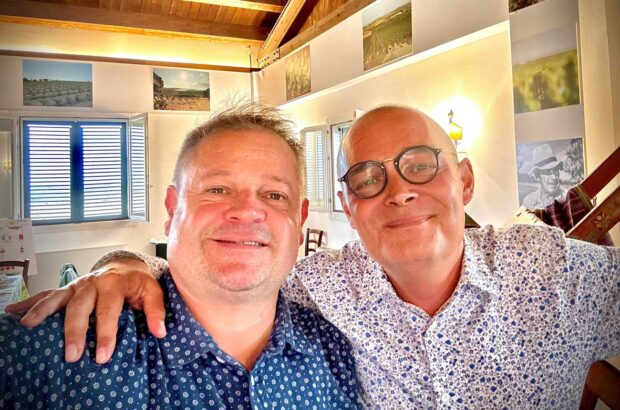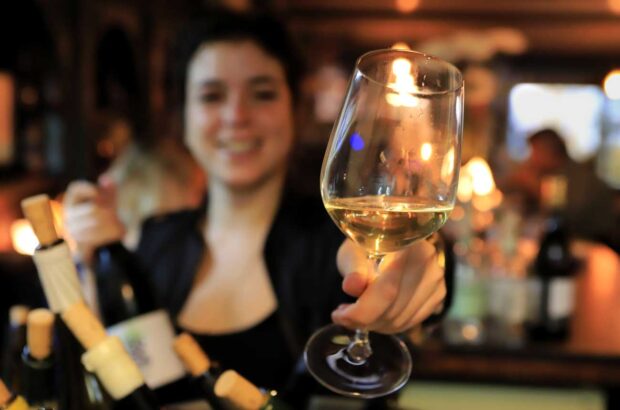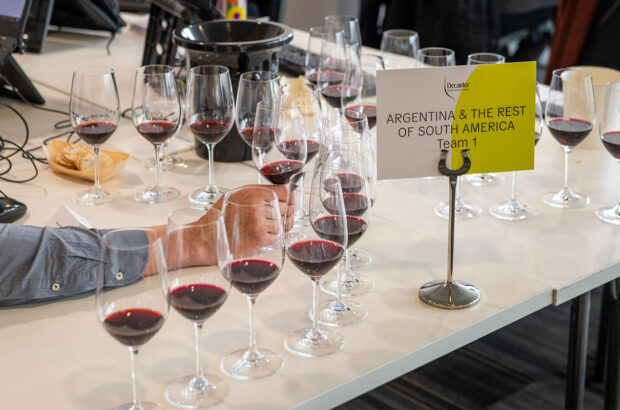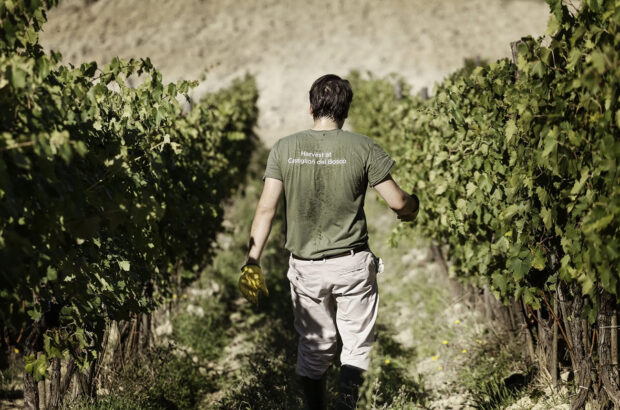Austrian glassmaker Riedel has declared victory in its lawsuit against its rival Eisch Glasskultur over false claims for breathable glass.
Riedel, Nachtmann and Spiegelau filed suit in Munich, Germany alleging that Eisch’s advertisement boasting ‘breathable glass’ constituted false advertising.
On 19 January the two parties agreed to settle after Eisch’s claim that its ‘breathable’ glasses were made using a secret process that ‘opens bouquet and aromas within 2 to 4 minutes’ was not supported in court.
The court ordered Eisch to cease claiming its glass is ‘Breathable’ or ‘Opens bouquet and aromas within 2 to 4 minutes’, or face penalties of up to €250,000, or imprisonment of up to six months for senior directors.
No compensation was ordered in favor of Riedel but Eisch was ordered to pay costs.
According to Dr Jo Dresel, business advisor to Riedel managing director Georg Riedel, the court found that, ‘as regards the physical characteristics of the glass composition and of the glass surface, the wine glasses with the designation “Breathable Glass” do not differ in any respect whatsoever from structurally identical wine glasses produced by the same manufacturer.’
It was also found that the wine in both types of glasses did not differ, ‘neither in a food chemistry analysis nor in a gustation (tasting) test carried out by experienced wine tasters.’
The weight of court-appointed expert opinion shifted the burden of proof to Eisch, which opted to settle the case rather than submit expert opinion supporting its advertising claims.
The glasses had been endorsed by American MW and Master Sommelier Ronn Wiegand, who partnered with Eisch on a line of glasses incorporating the technology.
Georg Riedel had previously told decanter.com that he had been offered the same technology by a third party before Eisch began producing ‘breathable glass,’ but had ‘passed’ on it because he was sceptical of the scientific validity of the process.
A spokesperson for Eisch said, ‘To remove this nuisance from our business path, we have agreed to change the terminology we use to describe the benefits provided by our glasses, which we have renamed Sensis-plus. In the legal and technical milleiu of the German Courts, we cannot prove that this glass does, in technical fact, breathe.’
Written by Tim Teichgraeber







